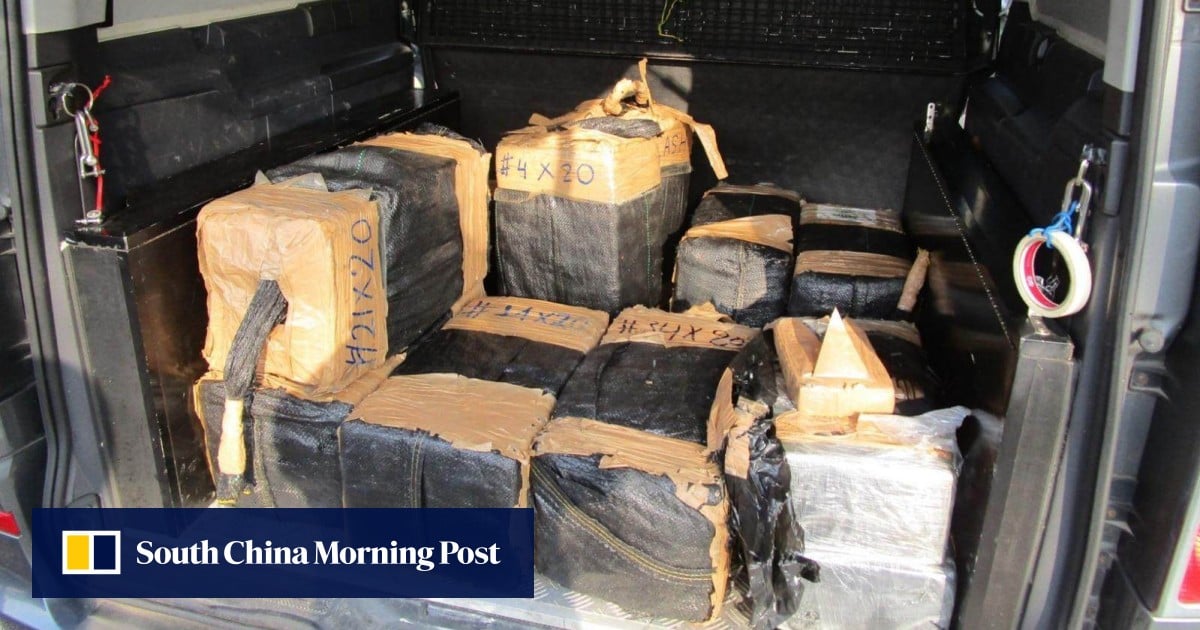Hong Kong should be proud of the healthy head start achieved by a new programme to help babies and mums. The city’s first breast milk bank, only six months after it started collections, has already nearly reached the goal set for its entire first year. Authorities had set an initial target for the Hong Kong Breast Milk Bank to gather 1,000 litres in its first 12 months. Officially opening the bank last Monday, Secretary for Health Lo Chung-mau praised the selfless dedication of 230 mothers who donated 900 litres of milk to support 120 infants.
Donating breast milk was “harder than donating blood”, Lo said, noting that the mothers who volunteered must also care for their newborns. To ensure safety, they went through strict screenings of their health situations and medical histories. They must even undergo blood tests before they can donate.
But the contributions make a profound difference. Most recipients are babies with health complications. Illness or premature birth means they must stay in neonatal intensive care units. In such cases, mothers often struggle to produce sufficient milk. Without donations, baby milk formula must be used. Breast milk can lower the risk of necrotising enterocolitis, septicaemia and chronic lung disease. Breast milk also boosts neurological development.
Donors at the ceremony spoke about a range of reasons they chose to help. One recalled giving birth after suffering two miscarriages, saying the experience motivated her to help others as she cared for her newborn.
Donation programmes have been successful in many other communities and surveys conducted in Hong Kong indicated there was strong support among pregnant women for donating milk.
Sadly, Hong Kong still lags behind World Health Organization targets when it comes to breastfeeding. While nearly 80 per cent of women start, only 20 per cent continue after six months, when most return to work. Organisers and donors involved in the new breast milk bank deserve credit for their efforts, but the community must help keep up the momentum as well as support creating better conditions for breastfeeding.


